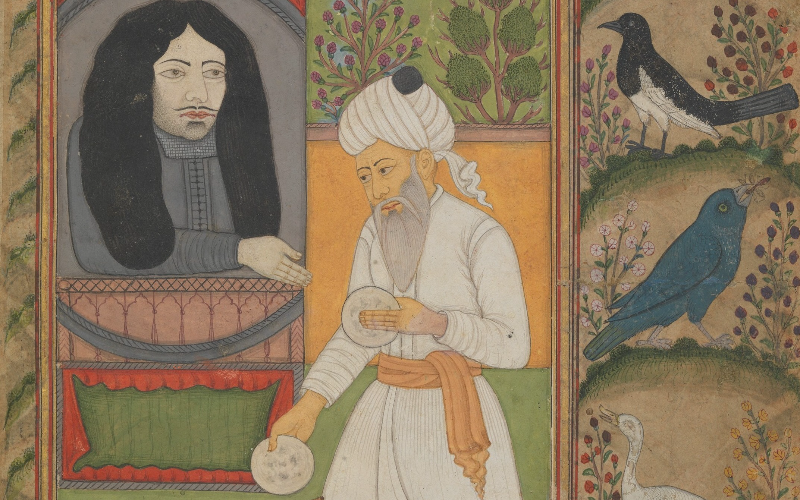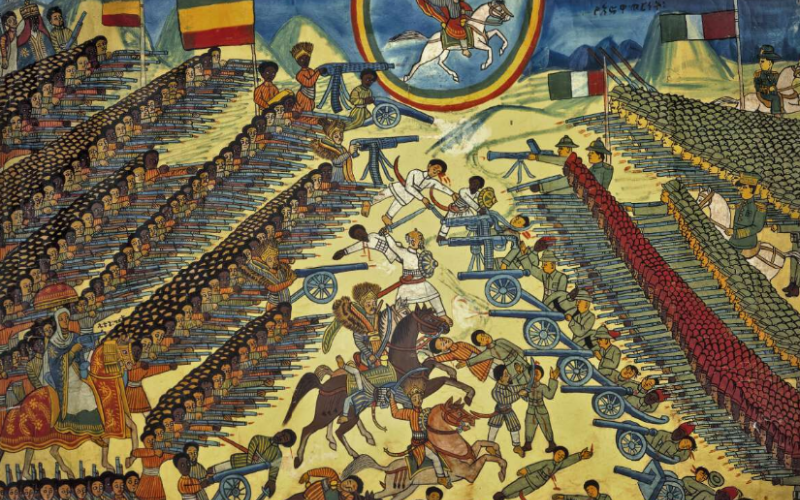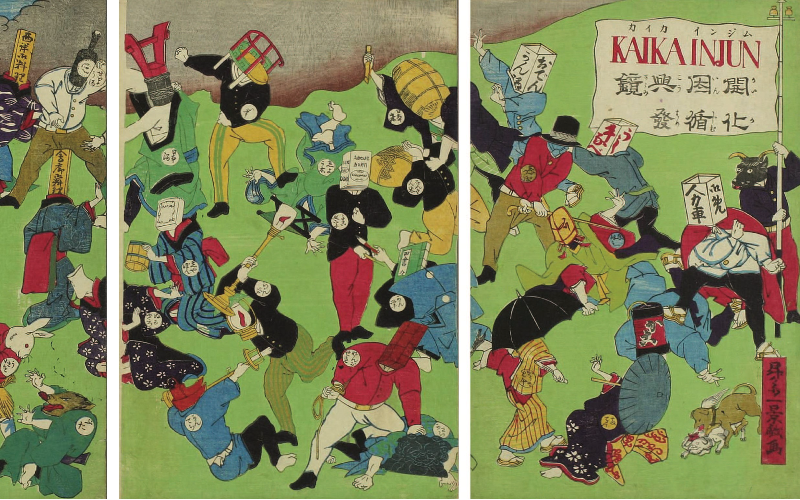UCL Centre for Transnational and Global History
Because globalisation, the spread of ideas, and climate change – to take but a few examples – cannot be adequately studied within the narrow confines of the ‘nation’, transnational historians have sought approaches or frameworks opertaing above or beyond the structures of states and nations, or have turned to comparative history, histoire croisée or Transfergeschichte.
For global historians, emancipation from the nation-state and the playful engagement with scale has been a central concern, resulting in work that ranges from the trans-continental, terraqueous, or even planetary in scope, to global micro-history and the reimagination of the local. From being defined in relation to comparison and the search for connections, global history has lately become more self-reflexive, encompassing: projects that question the constitution – or even the very notion – of the archive and its forms of knowledge; decolonising agendas and reparative history; and forms of public history that seek to de-centre ‘expertise’ and inclusively bring in a wider range of participants for the co-production of new knowledge; as well as burgeoning interest in the role of the ‘non-human’ in history (e.g., animals, pathogens, the atmosphere).
The Centre exists as a hub for research and dialogue among scholars pursuing such topics and problems; to provide institutional support to individual and collaborative research projects in transnational and global history; and to organise seminars, lectures, workshops, and other events to promote exchanges with colleagues within and beyond UCL.
Banner Image: Marie-Cécile Goldsmid, 1848, république universelle démocratique et sociale. Le Pacte. With an added inscription: ‘Peuples formez une sainte alliance / Et donnez vous la main (Béranger)’. Lithograph by Frédéric Sorrieu, 33 x 46.5 cm. Published in Paris, 6 December 1848, distributed by the Propagande démocratique et sociale. (Musée Carnavalet, Paris)
 Close
Close





